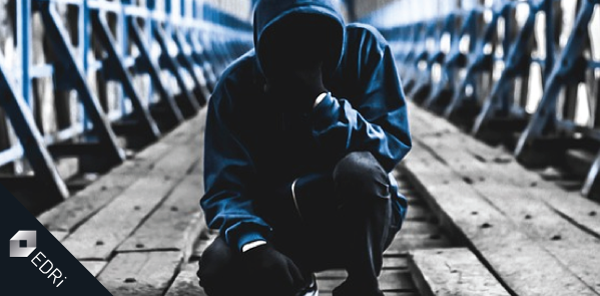ENDitorial: Happiness – owning nothing and having no privacy?
In November 2016, Danish social-liberal parliamentarian Ida Auken wrote a chilling, dystopian article that was published on the website of the World Economic Forum. It looked forward to a hypothetical society in the year 2030, where nobody owned anything, not even their own personal space, not their own secrets, not their own life. In an addendum to the piece, Ms Auken explained that some had portrayed this as a “utopia or dream of the future” which was not, she explained, her stance.
An unseen hand would own everything and everything would be communal. The unseen hand would be benevolent. Those that had absolute power and absolute control in a society where individuals had no privacy and no assets (and, consequently, no ability to challenge power, to control or to hold power accountable) would somehow have willingly given away their power and replaced it with a benevolent dictatorship.
Nobody would have the responsibility to do the hard work of industrial production, but it would somehow still be done. Artificial intelligence, owned, developed and maintained either by no-one or by the all-seeing benevolent dictator, would be able to do your shopping. It would know your preferences better than you, so why would you do it yourself?
In this utopia/dystopia, Ms Auken imagines individuals being disturbed by the lack of privacy and hopes that nobody will use it against them. Of course, as mentioned, she envisages that artificial intelligence would know individuals better than they know themselves. As a result, artificial intelligence will be aware of their concerns and one imagines that those individuals’ filter bubbles would be adapted accordingly, in order to assuage their fears.
The luddites, the ones who would want a society based on the freedom to evolve, to challenge and to question without the “sharing economy” disenfranchising, disappropriating and commodifying them, would live outside the city. City dwellers would worry for the welfare of these self-sufficient societies, living with privacy in an adaptable and changeable society.

Ms Auken explains she wrote the post as a means of starting a debate because (hopefully in a less extreme variety), the issues she raises are already on the horizon. Her rather provocative piece is, therefore, an important spur for some much-needed debate.
Her post raises questions such as…
- If knowledge is power and the vast unbalance between the knowledge of the surveillance economy and the knowledge of citizens continues to grow, can that power be held accountable?
- Can a society evolve in such circumstances?
- Can democracy exist when monopolies of that surveillance economy are (now, already) being asked to monitor and filter our communications, building on their existing, profitable, filter bubbles?
Welcome to 2030. I own nothing, have no privacy, and life has never been better (11.11.2016)
https://www.weforum.org/agenda/2016/11/shopping-i-can-t-really-remember-what-that-is/
(Contribution by Joe McNamee, EDRi)


